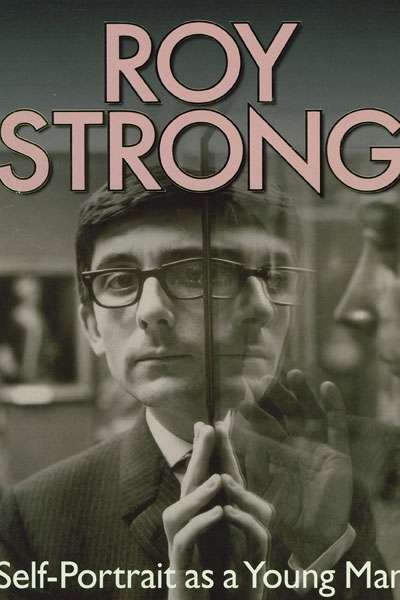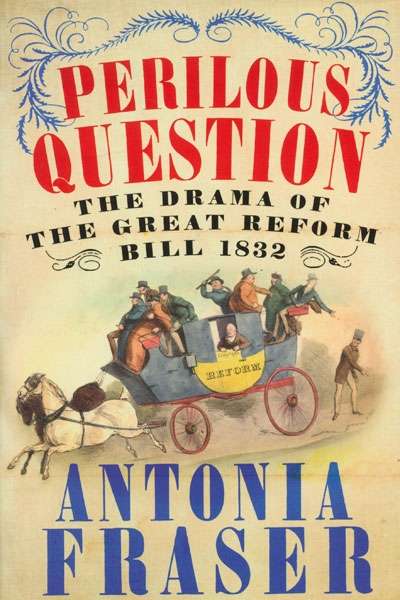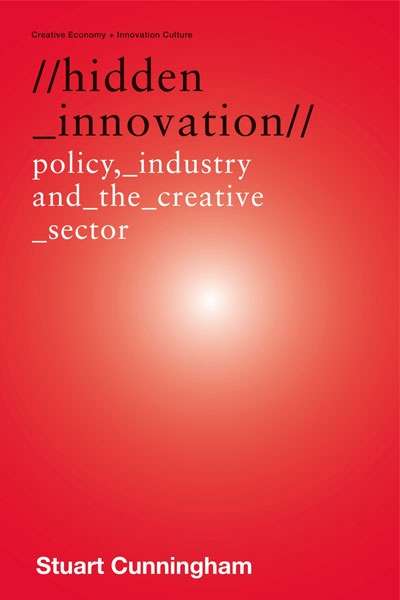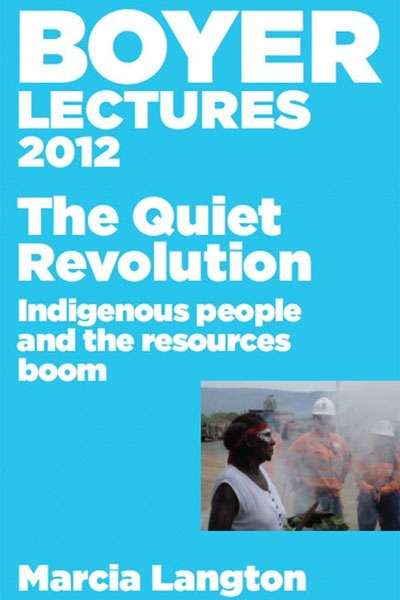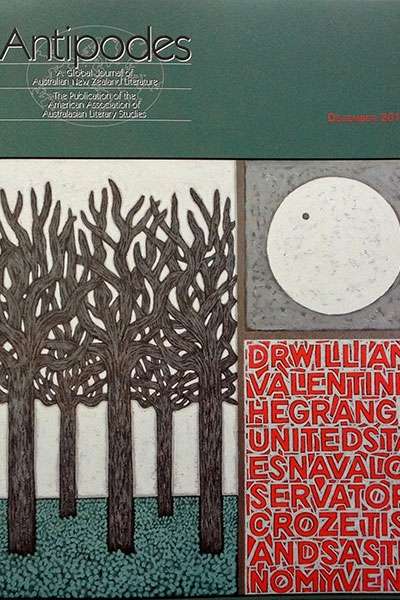Non Fiction
Turner from the Tate: The Making of a Master edited by Ian Warrell
Turner posed a conundrum when he withheld nothing from his bequest to the nation. On the positive side, the unsorted contents gave room to later, highly flattering interpretations of Turner, which a collection pruned to the taste of the Victorians would not have supported. On the downside, the digestive processes of posterity took Turner away from his roots in England between 1775 and 1851. In the 1970s, despite much excellent scholarship, English ideas about Turner’s creativity appeared to be as conflicted as ever: the Tate Gallery’s display of the bequest was an unsorted mix, further decontextualised by modern frames and modernist rooms. The following generation of curators, art history-minded, has sought to resolve the conundrum by showing Turner as an actor of his time and place. Accordingly, Tate curator Ian Warrell rummaged around in the bequest for a biographical portrayal of Turner from the Tate the exhibition now showing in Canberra.
... (read more)A Most Generous Scholar: Joan Kerr: Art and Architectural Historian by Susan Steggall
It’s absurd to pretend that we are or ever have been no more than exiled Europeans … forever condemned to inhabit some irrelevant, Antipodean limbo.’ This statement encapsulates Joan Kerr’s determination to rewrite established codes of Australian art history and to expand the lexicon of its cultural heritage ...
... (read more)Roy Strong was appointed director of the National Portrait Gallery (NPG) in 1967 at the age of thirty-two. Today it would be astonishing to head one of the United Kingdom’s national collections at that age; five decades ago it was outrageous. Only Kenneth Clark at thirty was younger when he became director of the National Gallery. Strong’s ascent to the NPG has stayed in his mind as the fulcrum of his professional life.
... (read more)Perilous Question: The Drama of the Great Reform Bill 1832 by Antonia Fraser
ver fifty years have passed since I wrote my first tutorial essay in Politics, Philosophy, and Economics (PPE), or Modern Greats, as it was known in Oxford. The subject was the Great Reform Bill of 1832, which for the first time in over a century expanded the right to vote and redrew the electoral map of Great Britain ...
... (read more)Hidden Innovation: Policy, Industry and the Creative Sector by Stuart Cunningham
According to one study cited in Stuart Cunningham’s book, there are two opposing groups of people: ‘Political Junkies (PJs)’ and ‘Big Brother fans (BBs)’. PJs think that it beggars belief that anyone could think Big Brother was useful. BBs say that politicians are unapproachable and out of touch. As an MP who used to quite enjoy watching Big Brother, I found myself torn. Am I a BB or a PJ? A PJ in BBs? Or a BB in PJs?
... (read more)The Quiet Revolution: Indigenous People and the Resources Boom (2012 Boyer Lectures) by Marcia Langton
The Aborigines of Australia are among the more land-rich of colonised peoples. More than one fifth of Australia is under Aboriginal ownership, and a perpetual fund – established by Labor and fattened by Coalition and Labor governments – will add to this estate. To examine this recent change in Australian real estate as a ‘quiet revolution’ was a good choice of theme by Marcia Langton.
... (read more)Monet’s Garden: The Musée Marmottan Monet, Paris edited by Marianne Mathieu et al.
Claude Monet as an emotive artist? Hitherto, I have viewed Monet’s painting – or at least Monet the Impressionist – as sensual but detached. Having seen Monet’s Garden at the National Gallery of Victoria, I am now of the view that the artist’s later painting (the exhibition focuses on the work made at Giverny from 1893 until the artist’s death in 1926) has a subliminal and even expressionist dimension. How else to characterise the elegiac quality of the wonderful water lily series and the late abstract-like garden paintings made with such abandon? Moreover, having learned more about Monet himself at this time, I appreciate that he was far more challenged by life experiences than I had presumed, in spite of the tremendous critical and commercial success he enjoyed in the last decades of his career.
... (read more)Antipodes: A Global Journal of Australian/New Zealand Literature, Vol. 26, No. 2 edited by Nicholas Birns
A polyphony of voices in Antipodes offers readers a textured view of literature from Australia and New Zealand. Contributors to this biannual journal are Australianists from all over the world. This globalisation is perhaps best evidenced by the inclusion of critics from Portugal, Slovenia, Lebanon, and Austria, writing incisively about Gail Jones, Indigenous poetry, Australian Lebanese writers, and German translations of Aboriginal literature. Stephen Mansfield’s melismatic double feature on fathers and masculinity in John Hughes’s The Idea of Home (2004) is a highlight, but his interview with Hughes suffers from being conducted via email, while Jean-François Vernay’s interview with Sallie Muirden is a fascinating and unconstrained discussion of writing. Mark Larrimore’s essay on teaching ‘Aboriginal Australian Religion in an American Liberal Arts College’ is another example of the way Antipodes offers more than standard critiques on literature.
... (read more)A Flower Between the Cracks: A Memoir of Love, Hope and Disability by Helen Sage
A Flower Between the Cracks, South Australian writer Helen Sage’s first book, chronicles her experience of caring for a disabled child over a period of several years. Sage’s busy but comfortable life was changed irrevocably when her daughter, Jayne, was involved in a horrific car accident. Prior to this, Jayne had been a psychology honours student who loved ‘rock, blues, playing the piano’ and was ‘a real nature buff’. Jayne survived her accident, but emerged with an acquired brain injury.
... (read more)Alec Hugh Chisholm, born in 1890 at Maryborough, is a legendary figure among Australian birders. He was a pioneering member of the Royal Australasian Ornithologists Union, later known as Birds Australia, now BirdLife Australia, and worked tirelessly to facilitate and promote ornithological research. He was a prolific author of journal articles, field notes, prefaces, reflective essays, and popular books on birding.
... (read more)


